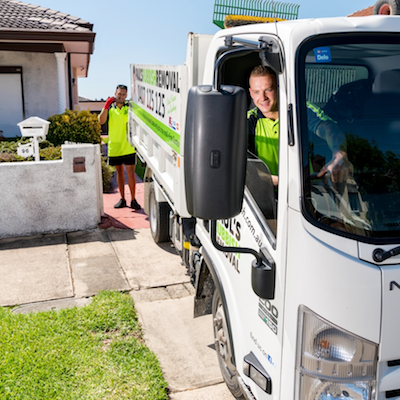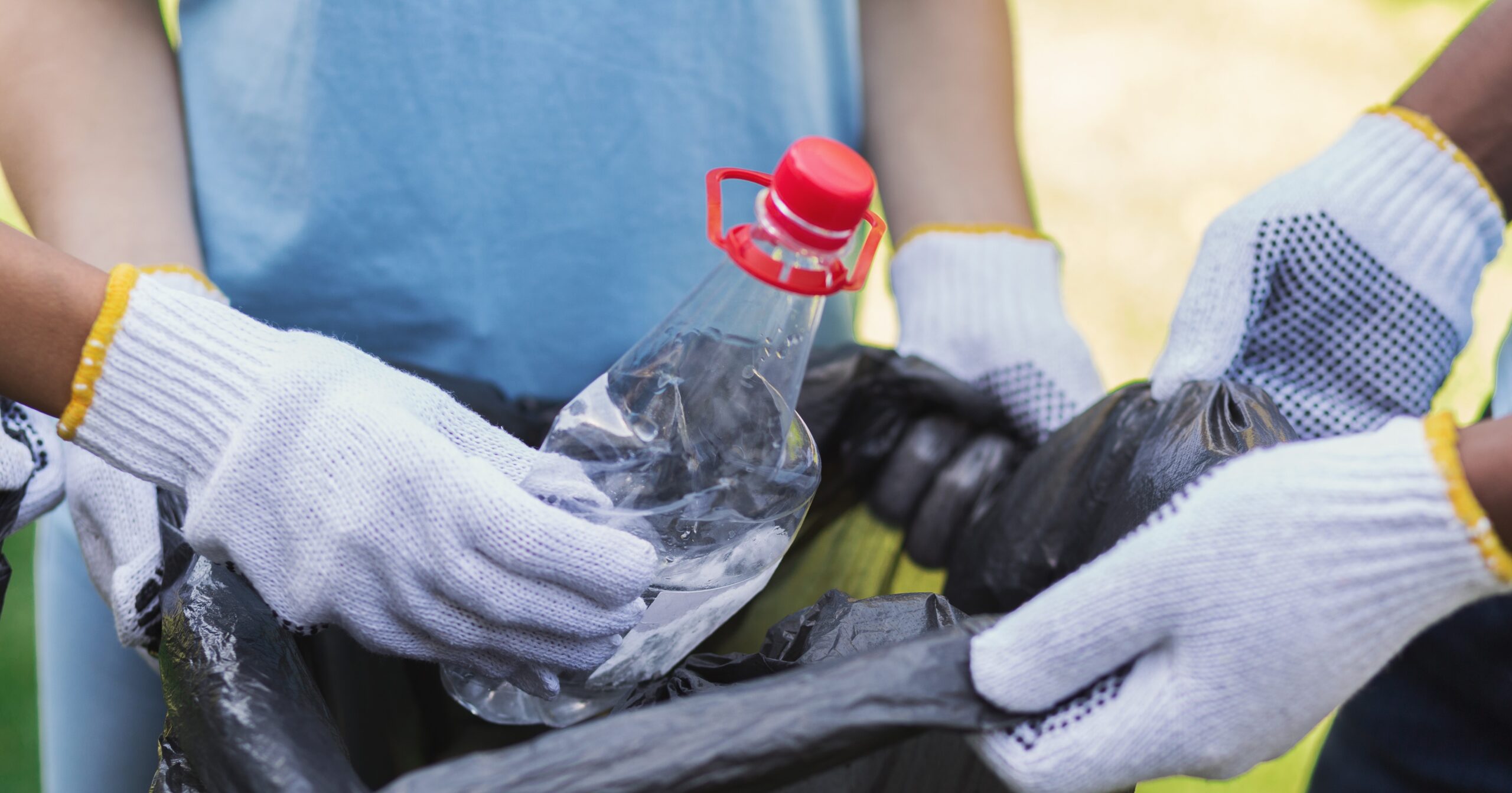Appliances, furniture and other things at home become hard rubbish as they are destined to be. As old and damaged electronic devices and furniture pile up in your home, the inconvenience will soon frustrate you. That is why replacing things in the house and dumping old stuff will give you peace and order at home.
Keeping old and damaged stuff is a headache in every space planning process. Not only will it cause you to spend big money on repairs, but you will also get disappointed with its performance.
Like deteriorated mattresses at home, you can’t sleep peacefully on the bed, thinking you will get body pain and sores in the morning. Aging appliances such as fridges will use more power than new models, making you have a high electric bill at the end of the month.
Therefore, a great way to dispose of your damaged appliances and old furniture is to unload them at your curbside for hard rubbish collection. But before doing so, you need to be knowledgeable about hard rubbish collection.
Here are the 10 facts that you should know about hard rubbish and its collection.
What is Hard Rubbish?
Hard rubbish refers to large objects which can’t fit in your kerbside bin. These are typically made up of durable products that are either broken, replaced or no longer desirable and must be disposed of.
Hard garbage doesn’t include recyclable items, green waste or regular garbage in the house.
Hard Rubbish Collection
Hard rubbish removal is a perfect way to declutter belongings, appliances and old furniture that are no longer in working order or use.
Waste collection is an easy way to dispose of products too large for regular household refuse disposals, such as mattresses and white goods.
Disposing of Hard Rubbish Necessity
The importance of dumping hard rubbish is to keep cleanliness and order in every city in Australia. This benefits everyone by keeping their house, suburbs and town free from illegal waste disposal and cluttering.
Add sentence: If you’re looking to create a cleaner and more organised living space that can boost your overall well-being, taking a home cleaning course could be the perfect solution. By learning techniques to develop an efficient cleaning routine, you can keep your home spick and span, leading to a more peaceful and healthier environment.
Furthermore, the local council can ensure that hard rubbish can have minimal impact on the local environment and on the residents. It can be a great way for the community and councils to help each other keep their city liveable.
Local Council Hard Rubbish Service
The local council usually offers a hard rubbish collection service two to four times a year. This is a yearly tradition in Australia. Everyone must manually pick up and unload their garbage and junk to the kerb where they reside.
Mostly, councils provide free of charge to hard rubbish and waste disposal once a year. Depending on your local councils, they sometimes collect hard rubbish at a particular date. Still, the most convenient way for the residents and the council is through a booking system operation.
Acceptable and Unacceptable Hard Rubbish
If you’re planning on disposing of things but don’t know the classifications of hard rubbish materials, the tendency is that you will mix up the different categories.
During the council’s hard rubbish collection, your items should be neatly stacked in categories like household items and textiles, scrap metals, white goods, e-waste and fridges, pruning and branches, and mattresses (maximum of 2 mattress/bed base).
Only certain things are put out for a hard rubbish collection. If you do not follow your council’s collection rules, your items will not be collected. They will leave you a knockback notice in your letterbox informing you why.
On the other hand, if things are considered hard rubbish, then there are also things that are not. These are some of the things that local councils prohibit when you dispose of your hard rubbish at home.
- Building and renovation materials, including cement sheeting, fencing, bricks, tiles and concrete
- Household waste and recyclables
- Dangerous goods, including household chemicals and pesticides
- Asbestos and other hazardous waste
- General garden waste (other than branches/prunings), soil or earth
- Motor oils, engine blocks, car batteries
- Gas cylinders
For a full list of acceptable and unacceptable hard rubbish, you can check it here.
Proper Area for the Collection
In the hard rubbish collection, there are specific areas where you can pile up your hard waste. It is very important to know where to place it in your property to avoid huge penalties from the council.
First, your items should never be stacked in public areas such as footpaths or nature strips. To avail of the yearly hard rubbish collection from the council, collectors should be able to reach your hard rubbish safely, and items must be stacked neatly either in your front yard or driveway.
Just as long as it’s in the front boundary of your property and is 2 metres wide and in length, that would be fine.
Observing Size and Item Limits
Ensuring everybody gets a chance to dispose of their hard rubbish; there are strict limitations to the amount of waste you can throw out. Here are the following limitations:
- 2 cubic metres of hard and metal waste (2 metres long x 1 metre wide x 1 metre high).
- 4 cubic metres of green waste items (4 metres long x 1 metre wide x 1 metre high).
- 2 mattresses or 2 bed bases or 1 mattress and 1 base.
Following Proper Schedule
When following the council’s schedule, if you put your waste out before the dates you booked your hard rubbish collection, you are at risk of being fined for illegal dumping.
As the council strictly enforces illegal dumping and hard waste rules, your on-the-spot fine can start at $7,500 for individuals and $15,000 for corporations.
Exceeding 2 Cubic Metres
It is long known that kerbside or hard rubbish collection is a tradition every year. Additionally, residents already know the council’s rules about the size of certain items. But if you have items that exceed two cubic metres, automatically, it will not be collected.
Since several council officers patrol every week, residents must immediately eliminate the excess hard waste to avoid being fined for illegal dumping.
Consider Other Hard Rubbish Collectors
Sometimes you miss out on the council’s yearly hard rubbish collection, or you might still have items that the council didn’t collect.
One way to dispose of it is by calling companies that offer hard rubbish services to clean up your waste in your lawns or driveways immediately.
You can contact Paul’s Rubbish Removal for your hard rubbish collection that is convenient for your time. Don’t wait for your hard rubbish and junk to pile up or get a penalty. With us, you will no longer worry about categorising acceptable and unacceptable hard rubbish since we offer to remove all types of junk.
Conclusion
There comes a time when you have to dump hard rubbish in your house to maintain cleanliness. By being knowledgeable enough about some facts about hard rubbish, like its importance, the council’s collection rules, what to dump and how to properly dispose of it, you can have an organised and hassle-free task.
At Paul’s Rubbish Removal, we provide a straightforward hard rubbish collection service for all local Sydney residents. For more information about hard rubbish, call us at 0407 125 125 or send us an email and get your free quotation here: info@paulsrubbish.com.au
You’ll typically find our junk collection trucks servicing:
- Rubbish removal Eastern Suburbs
- Rubbish removal Hills District
- Rubbish removal Inner West
- Rubbish removal Northern Beaches
- Rubbish removal North Sydney








